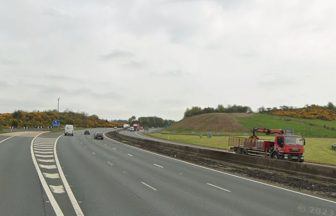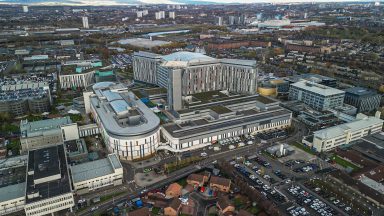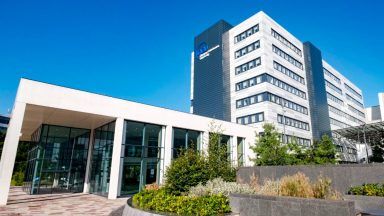A brighter future for Glasgow’s Charles Rennie Mackintosh-designed Lighthouse could be on the horizon, with a £2m repairs project planned.
Talks over reopening the A-listed building as a hub for start-up firms working on climate technology were approved earlier this year.
And now, councillors are being asked to agree to use £2m from the UK Government to improve the condition of the Glasgow Herald’s former home.
Officials say revamping the building, which has “largely fallen out of productive use” since the pandemic, can support its transformation.
They are currently considering options for the future of the Charles Rennie Mackintosh exhibition and whether it can remain at the Lighthouse.
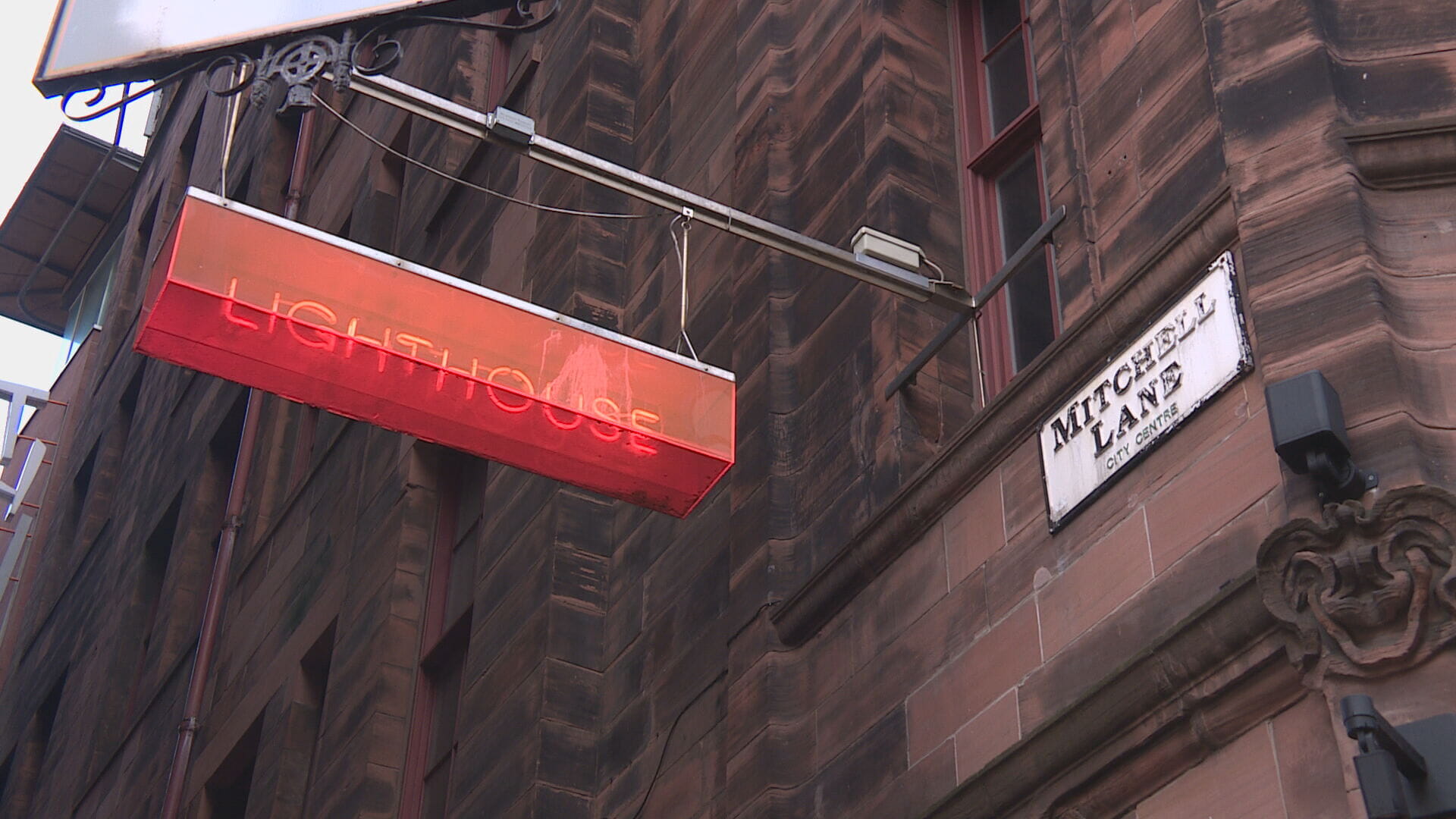 STV News
STV NewsAlternatively, it could be “re-interpreted” at “another publicly accessible venue”, a council report states.
The report also recommends spending just over £600,000 on improvements at Kelvin Hall. Councillors will consider the proposals next Thursday.
It is believed the two projects can have a “major impact in attracting further private sector investment in the assets”.
The council-owned Lighthouse was transformed into Scotland’s centre for architecture, design and the city in 1999, but most of the building has been closed since the Covid pandemic began.
In February, councillors approved negotiations over a lease with Sustainable Ventures, a climate tech incubator with plans to turn the building into a net-zero innovation hub.
At the time, officials said it could be a space for “clean tech companies” in Scotland to start up and grow, with an ambition to create thousands of high-skilled jobs over the first ten years.
Windows, gutters, brickwork and the chimney would be repaired under the plan as well as the escalators and lifts. Broken slates would be replaced, a leak fixed on the viewing platform roof and windows and doors resealed.
Vegetation would also be removed and the sprinkler arrangements and heating system reviewed, with a possible conversion to a sustainable energy source.
At Kelvin Hall, the council has received expressions of interest from commercial operators across multiple sectors to use “a substantial portion of vacant floorspace”. It comes after a television studio was created in the building.
“As one of the council’s largest untapped assets, Kelvin Hall is in need of the type of investment that will unlock its potential,” the report states.
“While the optimal use of the space is still to be determined, several interventions could be implemented to enhance its appeal and attract investment.”
Proposed measures include repairs to broken slates and lead work and upgrades to gutters. There would also be “shell and core upgrades” in the ground floor of the Argyle Street heritage wing to support “operational/commercial” opportunities.
Lighting and flooring upgrades throughout event spaces and further investment in utility connections are planned.
Just over £2.7m is available to the council from the UK Government’s shared prosperity fund. Councillors previously agreed to use £150,000 for green business support grants.
The fund was extended by one year by the UK Government, and council officials carried out a trawl of potential projects.
Previously, cash had been allocated through open competition, but officials felt the extension meant there was a “significant risk” of projects being “unable to spend the allocation in-year”.
Schemes which could be delivered within the 2025/26 financial year and did not need “statutory permissions” were sought.
Follow STV News on WhatsApp
Scan the QR code on your mobile device for all the latest news from around the country


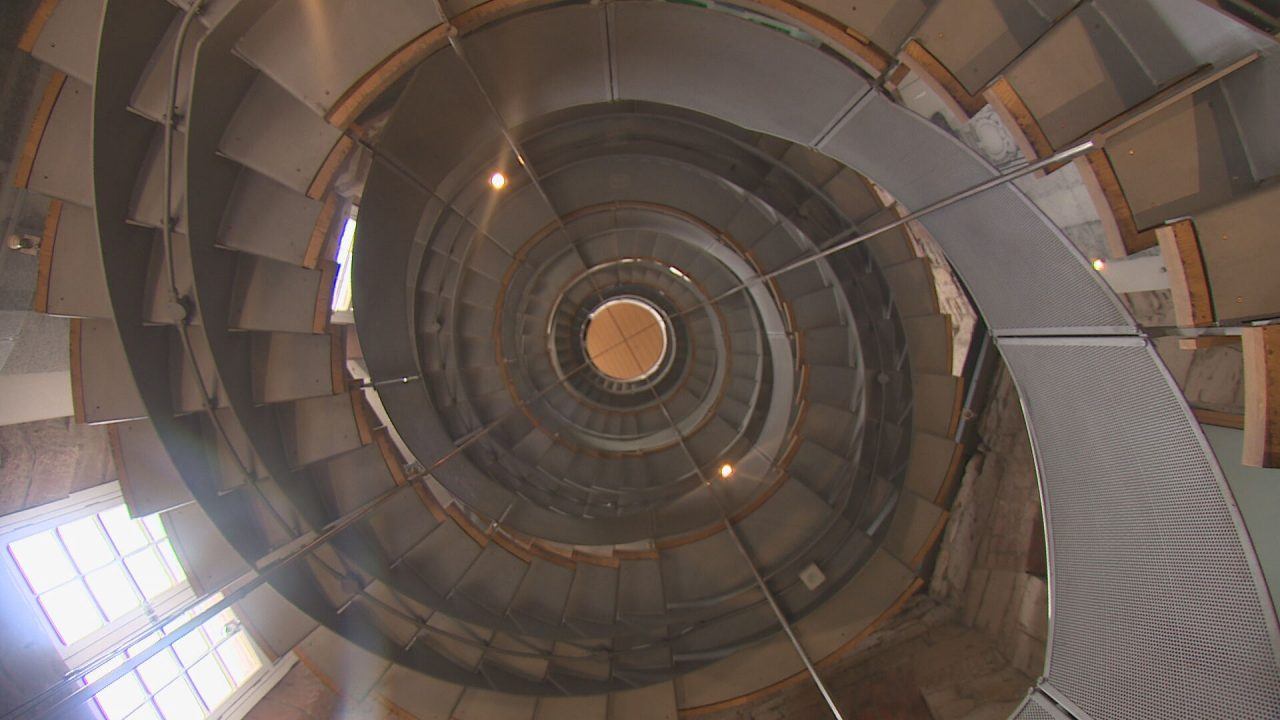 STV News
STV News




